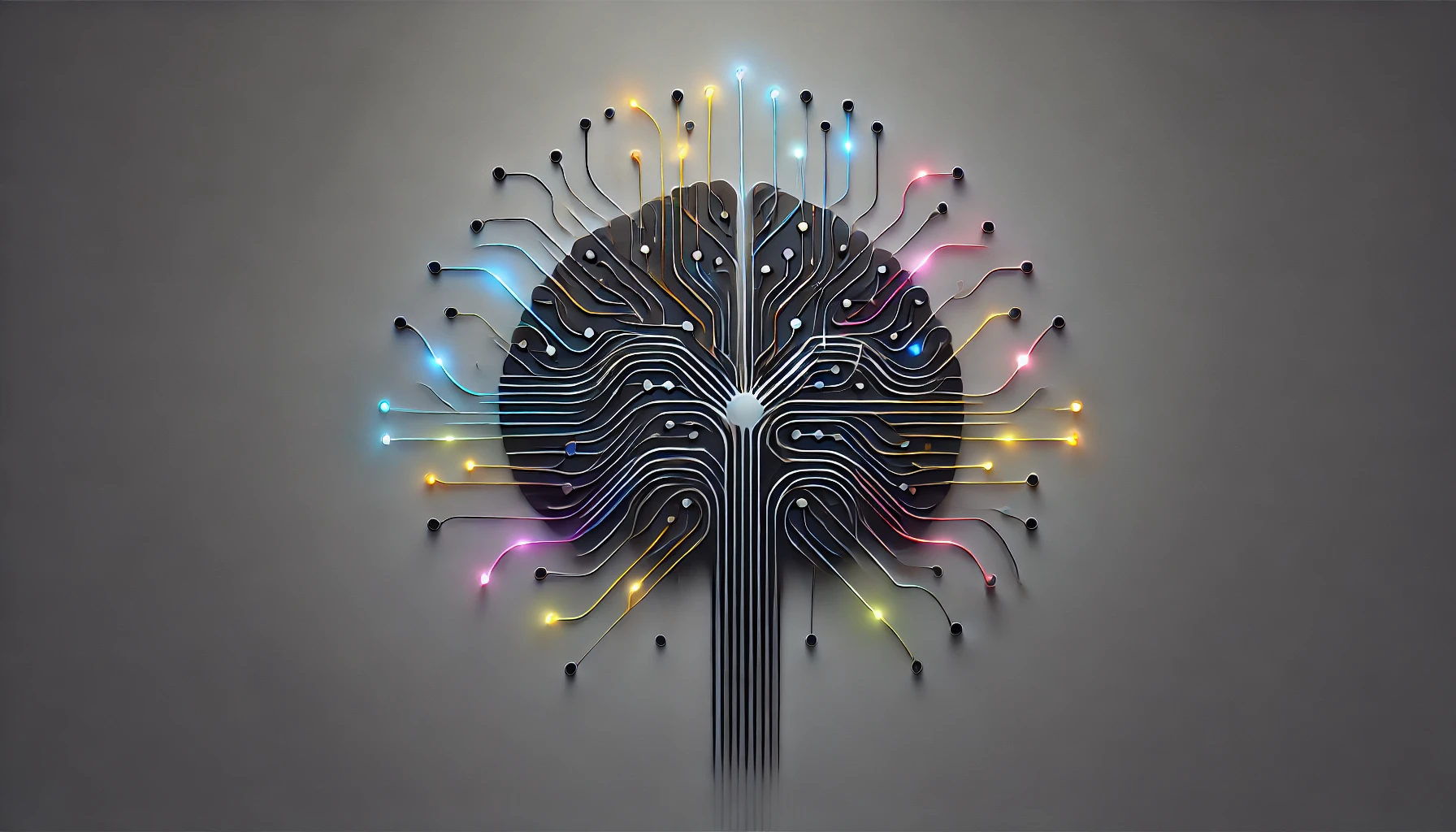ChatGPT’s lightning-fast responses have a way of spoiling us—until the dreaded slowdown strikes. Suddenly, every query feels like shouting into the void, with nothing but the whirling throbber for company. If you’ve found yourself waiting longer than usual, watching it hang mid-sentence, you’re not alone. Let’s dig into why ChatGPT can feel like it’s running on molasses sometimes and, more importantly, how to get it back to full speed.
Why Is ChatGPT Slow?
Let’s face it: even advanced AI like ChatGPT has its off days. But what’s behind the slowdown? Here are the most common reasons:
High Traffic: Too Many Users, Not Enough Space
When ChatGPT bursts at the seams with queries from all corners of the globe, response times naturally take a hit. Think of it like trying to drive during rush hour—everyone's stuck in line, and it takes forever to move forward. High traffic at peak times can overwhelm even robust systems, resulting in slower output or the frustrating “I cannot complete this...at the moment. Please...” error.
Internet and Device Bottlenecks
No, it’s not always the AI’s fault. Your internet connection plays a sneaky role. A slow or unstable network delays data from reaching ChatGPT's servers, adding extra lag. Similarly, an aging laptop or smartphone without enough processing power can also drag down performance—it’s like trying to stream Netflix on a 2005 flip phone.
The Free Account Dilemma: Limited Bandwidth
Those using a free ChatGPT plan might notice lag during peak hours. OpenAI prioritizes paying users of ChatGPT Plus, giving them faster processing and premium features. It’s a bit like flying economy versus first class—same plane, but one group gets champagne while the rest wait for peanuts.
VPN: A Silent Speed Killer
VPNs reroute internet traffic through far-off servers, encrypting data along the way. While great for privacy, they can slow everything down—ChatGPT included. If your queries seem to crawl when using a VPN, consider turning it off (at least temporarily).
Browser Cache Overload
Web browsers store bits of data (cache) to help websites load faster. But too much of a good thing can clog up the works, causing tools like ChatGPT to slow to a halt. Regularly clearing your cache can free up space and restore some lost speed.
Complex or Ambiguous Questions
AI likes things straightforward. If your questions are too intricate or vague, it may take the model longer to figure out what you mean. Breaking queries into bite-sized pieces makes it easier for ChatGPT to deliver quick, accurate answers.

How to Speed Up ChatGPT: Quick Fixes
Let’s talk solutions. Here’s how you can get ChatGPT running at top speed again.
1. Log Out and Log Back In
A classic move for a reason. Logging out and back in can sometimes reset the connection, giving the system a chance to recalibrate.
2. Exercise Patience During Peak Hours
If you get the “ChatGPT is at capacity” message, waiting a few minutes can make all the difference. AI models need time to breathe too.
3. Upgrade to ChatGPT Plus
If sluggishness has become a recurring problem, it may be time to upgrade to ChatGPT Plus. It offers faster response times and early access to new features—kind of like getting a backstage pass at your favorite concert.
4. Disable VPN for a Speed Boost
VPNs, while helpful for security, add extra layers of processing. If you don’t need it, disabling your VPN could noticeably speed up ChatGPT’s responses.
5. Clear Browser Cache and Cookies
Overloaded browser cache? Here’s how to fix it:
- Open Chrome (or your browser of choice) and click the three dots in the top-right corner.
- Select History → Clear Browsing Data.
- Under Advanced Settings, choose All Time and click Clear Data.
This quick cleanup could boost performance not only for ChatGPT but also across the web.
6. Simplify Your Questions
Complex questions can bog down the system. Try breaking queries into smaller, simpler chunks—like assembling a LEGO masterpiece one piece at a time.
The Bigger Picture: ChatGPT’s Growing Pains in a Fast-Paced World
At its core, ChatGPT represents the incredible potential of artificial intelligence—but it’s not without flaws. The occasional slowdown reminds us that even the most advanced tech has limits. Just as we rely on Google or Facebook to handle billions of users smoothly, AI systems are learning to navigate the complex dance of scale and demand.
As more industries adopt AI-powered tools, we’ll likely see more hiccups, but we’ll also see innovation. OpenAI’s infrastructure will improve, VPNs will get smarter, and browsers will learn to manage cache more efficiently. These growing pains are part of progress, and they reflect the tug-of-war between access, privacy, and speed.
What’s Your Experience?
How often does ChatGPT slow down for you? Have you tried any workarounds that helped? Or maybe you’ve found other ways to optimize your AI experience? Join the conversation and share your thoughts in the comments below. And don’t forget—you can become part of the “Shining City on the Web” here. Like, share, and let’s debate how we shape the future of AI.



















Post Comment
You must be logged in to post a comment.